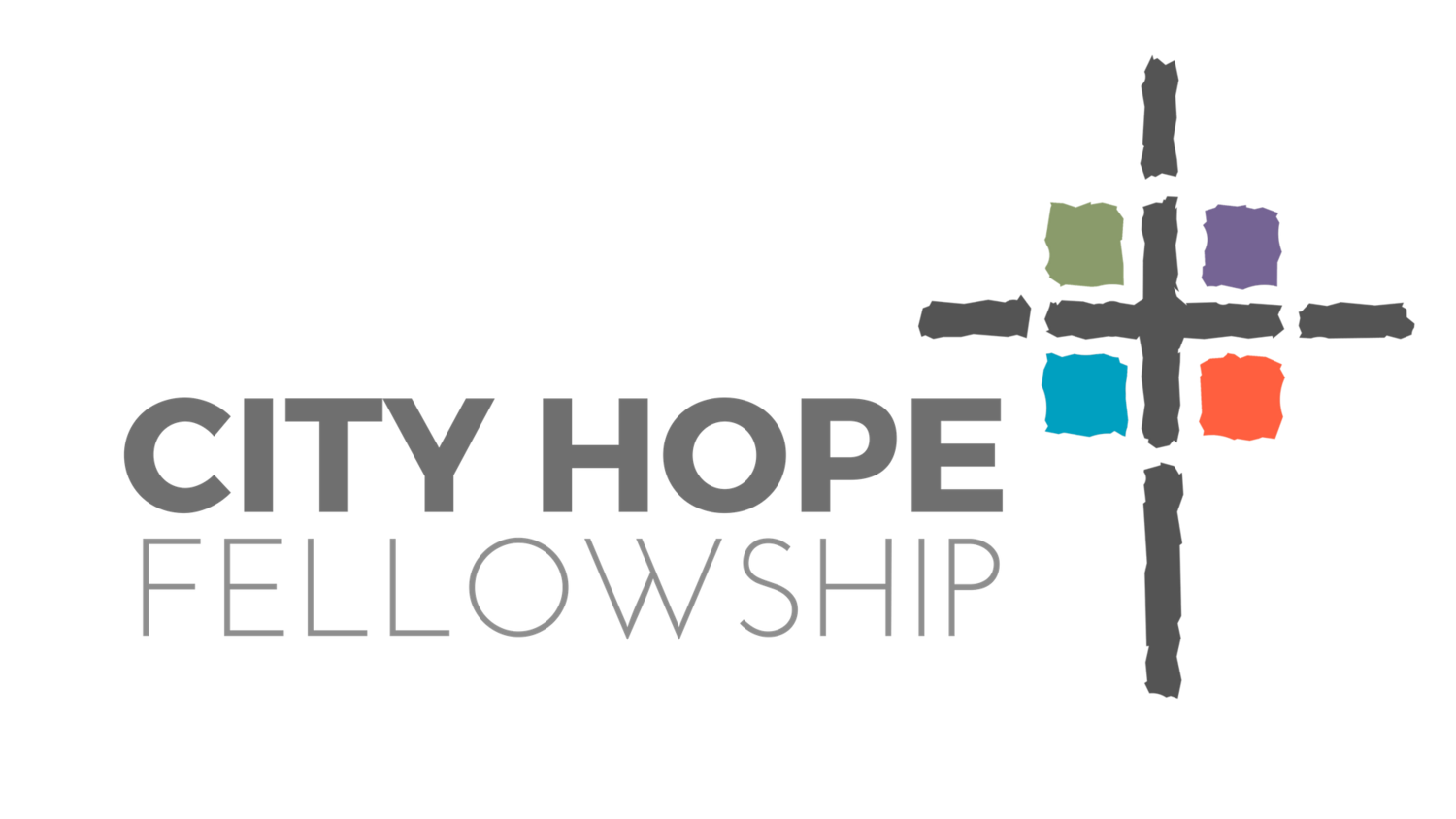During the final moments of South Africa briefing, standing in the middle of a prayer circle, while holding hands with the five other staff women commissioned to lead the team of 13 students who circled us, I began to weep. As I remembered my prayers and longings for teams of black students and people of color to be sent to the world my heart began to overflow with joy. This was an answer to prayer. Looking at the students from several different universities, varying in their knowledge of Christ, I knew that the Lord had something in store for all of us. A mission of this kind may have been new for me, but I hope it becomes my new normal.
It was during my first summer mission to Jamaica where the Lord captured my heart for missions, it was there that I began to understand the power of sending people of color to communities of color. There was an instant connection with most of the Jamaicans simply because of our shared experiences of being black in the world. The ability to break the ice with almost any woman just by talking about how our hair reacted to the intense humidity. I had travelled a few hours from my home country and still felt seen and known, but it didn’t end there. those that I connected with felt known as well. I was a stranger to them but in a short period, the men and women became my brothers and sisters in Christ and life.
Being the only black person on my team that summer added some challenges. Yes, I felt connected to the nationals, but I felt isolated and often ostracized from my team. They didn’t all see me, they couldn’t relate to issues of colorism present in Jamaica and here at home, the confederate flag was just a flag. They had a difficult time understanding patios; which is an English based creole language. It is English but with a little twang, but still English. I felt an added pressure not only to explain my life, my history, my background but also the Jamaicans. Fortunately for us, the ministry team in Jamaica became our team, we ended that year being a united front, the director of the national team said: “This was the first time a team came down and became one with us”. A mighty work happened during my time in Kingston, JA and I believe that some of my teammates are now more conscious of their place in our world.
“Where are the other black missionaries?” Tracie Warren who currently serves as the financial coach for the Impact Movement was asked this question during one of her mission trips to Africa. This question is the same question I had while in Jamaica and while serving in campus ministry as a student and even now as staff. The world is waiting for us. While watching a talk given by Sandra Van Opstal I was challenged, during her talk, she challenged her primarily white audience with this statement “we often see minority communities as the mission field but they are actually the mission force”. I heard this a did a good ole Baptist “Amen!”. Yes, yes yes, when we limit people of color to people to be reached, we often limit their ability to be sent.
“When we limit people of color to people to be reached, we often limit their ability to be sent.”
The world loves black culture, they look to us for the newest trends, the hottest dances, the current slang. This gives us a huge platform to be salt and light in the world because people want to see us, they may not always love us or truly value us but it leaves room for God to move. People of color have a huge advantage to reach other people of color and the relationship between them is usually not one-sided. During our time in SA, we taught children, met with families in the community, evangelized to college students, sang and worshipped with caregivers and just as happy as they all were to see us we were even happier to be with them. As we spent time learning the history of South Africa our hearts broke while simultaneously being comforted. “ We are not alone”, we aren’t alone in the fight for justice, we aren’t alone in our lamenting for God to save us, we aren’t alone in teaching black and brown kids that they are beautiful, we aren’t alone in finding our hope in Jesus even in the violence of racism.
These realities aren’t just American problems, but this issue of white supremacy has taken roots in almost every part of the world, and who understands it better than those of us who have to navigate the struggle daily. Those of us who’ve experienced the God of the bible while we were being preached to with the God of the slave bible. When the brokenness of this world has killed your only son, you have a pain that God relates to. When your people have been enslaved for hundreds of years and you see a God who offers you freedom and brings you to the promised land, you are far more than a community that needs to be reached with the gospel. You are a people that exemplify the very power and work of the gospel.

